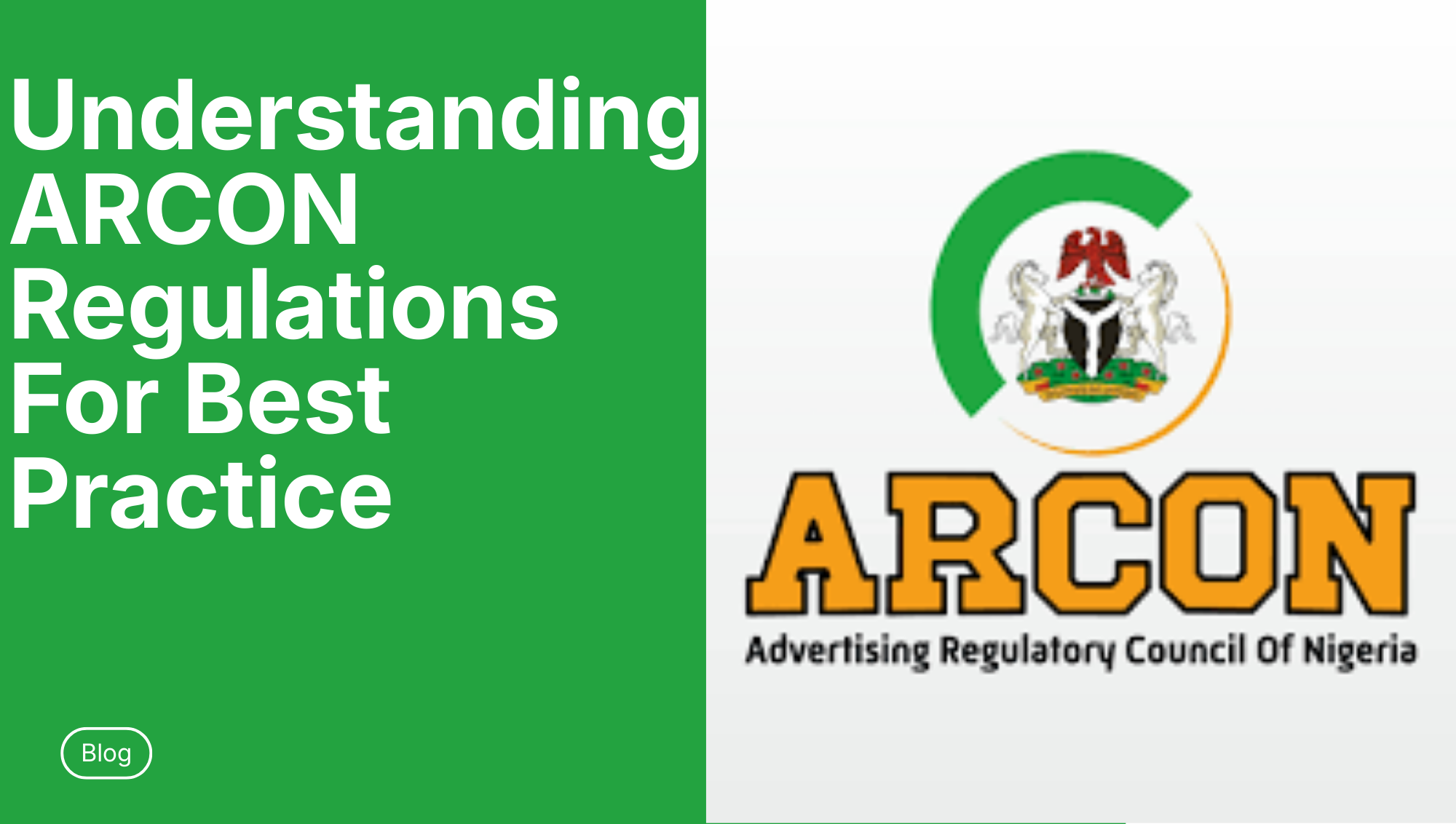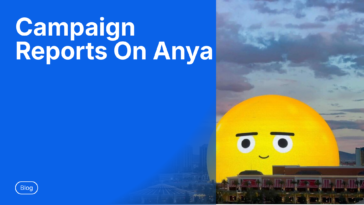Nigeria’s advertising industry is undergoing a monumental shift with the introduction of the new Advertising Regulatory Council of Nigeria (ARCON) Act, 2022. This legislation replaces the old APCON Act and ushers in a new era of stricter, more comprehensive oversight. From digital content creators to multinational corporations, the new law affects everyone involved in the creation and dissemination of advertisements.
Here is a comprehensive breakdown of the new ARCON regulation process, designed to help you navigate this changing landscape.
1. What the New ARCON Law Covers
The ARCON Act, 2022, significantly broadens the scope of advertising regulation in Nigeria. The core of the new law is a mandate for mandatory pre-exposure vetting of virtually all advertising materials. This means that before any ad is released to the public, it must be approved by the Advertising Standards Panel (ASP), a committee within ARCON.
Key areas covered by the new law include:
- All Platforms, All Adverts: The new law makes it clear that ARCON’s authority extends beyond traditional media like TV, radio, and print. It explicitly covers digital and social media, including content from influencers, bloggers, and content creators. A recent Federal High Court ruling has further affirmed ARCON’s legal right to regulate all forms of advertising, regardless of the platform.
- A Fee For Using Foreign Talent: In a move to promote local content and talent, the new act frowns at the use of foreign models and voice-over artists in advertisements targeting the Nigerian market, if you insist on using foreign talents, you will be liable to pay a fee to have your adverts approved.
- Broader Definition of Advertising: The law provides a wider definition of what constitutes an “advertisement” or “marketing communication,” bringing many previously unregulated activities under ARCON’s purview.
2. Who Can Vet Adverts?
While ARCON is the ultimate authority, the vetting process is not open to just anyone. Advertisements must be submitted for vetting by a registered advertising practitioner. This practitioner, who must not be below the rank of an Associate Member (ARPA), acts on behalf of the individual, agency, or organization.
This means that a company or a social media influencer cannot directly submit their ads for vetting. They must engage the services of a certified advertising professional or a registered advertising agency to handle the process.
3. Penalties for Defaulting
Non-compliance with the new ARCON regulations carries serious consequences, both financial and legal. The penalties are designed to be a significant deterrent to violators.
- Financial Fines: A person or organization that exposes an advertisement without prior ARCON approval can be liable for financial penalties. For instance, a restaurateur who advertised on Instagram without approval was reportedly fined N1 million for an infraction that would have cost a nominal vetting fee of N20,000 – N35,000 depending on the advert type.
- Criminal Offenses: The law prescribes prison terms and fines for individuals and organizations who falsely claim to be advertising practitioners or who advertise in contravention of the Act.
- Legal Action: ARCON has the power to investigate and prosecute violators through the newly established Advertising Offences Tribunal. This tribunal has the authority to determine and enforce penalties. ARCON can also compel organizations to pull down unapproved ads and even seal the advertising or marketing departments of defaulting companies, with a court order.
4. What is Needed for Vetting?
To get an advertisement vetted and approved, the applicant must provide a set of specific documents and materials. The process is handled by the Advertising Standards Panel (ASP).
- Formal Application Letter: Addressed to the Director General of ARCON, this letter must state the request for advertisement vetting.
- Completed Standards Panel Form 001: This form must be filled out and signed by a registered advertising practitioner.
- Advertiser’s Authorization Letter: A letter from the advertiser authorizing the agency or individual to apply for vetting on their behalf.
- Advertisement Material: The actual creative concept or a physical/digital file of the ad. Links to online content are generally not accepted.
- Regulatory Approvals (if applicable): For products like food, beverages, and pharmaceuticals, evidence of approval from other relevant agencies like NAFDAC must be attached.
The vetting process has a normal timeline of about 10 – 14 work days, but an accelerated vetting option is available for urgent cases, albeit at a higher fee.
5. A Summary on Thoughts Surrounding These New Laws
The new ARCON regulations have been met with a mix of support and criticism.
The Proponents’ View: ARCON’s leadership and supporters argue that the new law is a necessary step to bring Nigeria’s advertising industry up to global standards. They believe the regulations will protect consumers from misleading and unethical advertising, create jobs by promoting local talent, and curb revenue losses to foreign markets. They see it as a crucial tool for sanitizing the advertising space, especially on the unregulated digital landscape.
The Critics’ Concerns: On the other hand, some industry stakeholders, particularly advertisers and small business owners, have voiced concerns. They worry that the mandatory vetting process, with its fees and required engagement of registered practitioners, could stifle creativity and place an unnecessary financial burden on Small and Medium-sized Enterprises (SMEs). There have also been questions about the potential for ARCON’s regulations to infringe on freedom of expression. However, ARCON insists that the law is not in breach of the constitution and is a necessary measure for a fair and ethical marketplace.
Do you need help navigating the new ARCON regulations?
Understanding and complying with the new ARCON Act can be complex. From preparing the right documentation to engaging the right practitioners and ensuring your advertisements meet all legal and ethical standards, the process requires expertise.
Our team is well-versed in the new ARCON regulations and can provide you with the necessary guidance and services to ensure your advertising campaigns are fully compliant. We can help you with:
- Vetting and Submission: We will handle the entire process of preparing and submitting your advertisement materials for ARCON approval.
- Compliance Consulting: We can review your planned advertising campaigns to ensure they meet all ARCON requirements and avoid potential penalties.
- Local Talent Sourcing: We can connect you with the best local models, voice-over artists, and creative talent to ensure compliance with the local content provisions of the Act.
Contact us today to learn how we can help you stay on the right side of the law and make your advertising efforts successful in Nigeria’s new regulatory environment.





 No products in the cart.
No products in the cart.